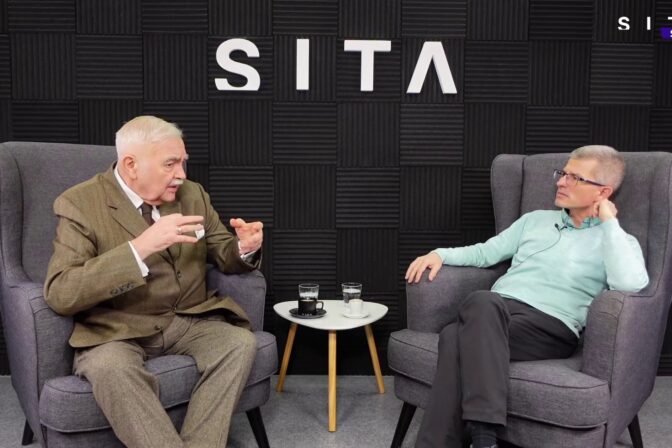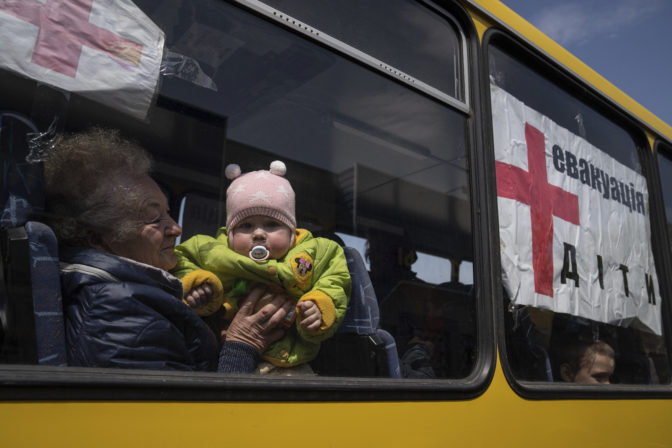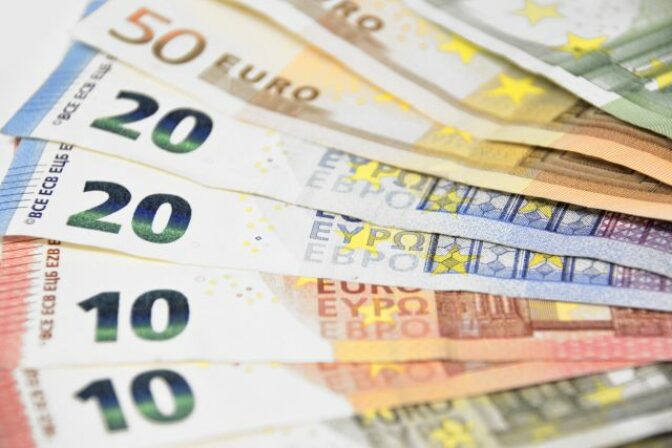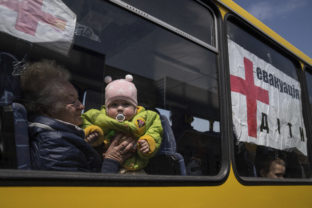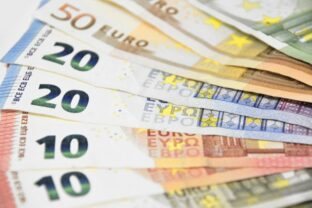BRATISLAVA, June 25, (WEBNOVINY)- Prime Minister Iveta Radicova has stated on Slovak Radio that the decision of Slovakia to not join the package of loans for Greece in the first round was correct. She underscored in the regular discussion program ‘Saturday Dialogues’ that it was of no help to Greece. She thinks it is not right when a poorer nation joins solidarity with a wealthier one. According to her default of Greece with debt of almost EUR 350 billion is already a reality, which all know and are seeking a way to minimize the impacts of the situation in Greece on other countries of the euro zone and Europe. „it is necessary to manage it and have it under control. All measures taken are aimed at it,” she stated.
Radicova said that Greece has not yet received any assistance from the European Financial Stability Facility, as aid from this temporary bailout fund flows to Ireland first of all which fulfills conditions. European leaders formulated clear conditions for Greece this week in Brussels, said the prime minister On Thursday, European Union leaders promised more money to help Greece stave off looming bankruptcy, provided its parliament enacts an austerity plan finalized in fraught last-minute talks with international lenders. Moreover, the country has to undertake privatization and banks have to join the process. “Now it was not decided on concrete assistance in Brussels,” said Radicova. The Greek parliament is to sit next week over the conditions. If euro zone governments come to a conclusion that the measures will not help Greece return to capital markets, then steps will be taken as in the case of a country in total need, i.e. via restructuring, according to Radicova. “Let’s say it openly, Greece made it to the euro zone fraudulently,” she said adding that the task of the Slovak government is to create not only European bailout funds but also a Slovak one in order that the situation with Greece does not have any or minimum impacts on the citizens of Slovakia.
Greece accepted a package of EUR 110 billion of EU-IMF loans in May last year but now needs a second bailout of a similar size to meet its financial obligations until the end of 2014, when it hopes to return to capital markets for funding.
SITA

